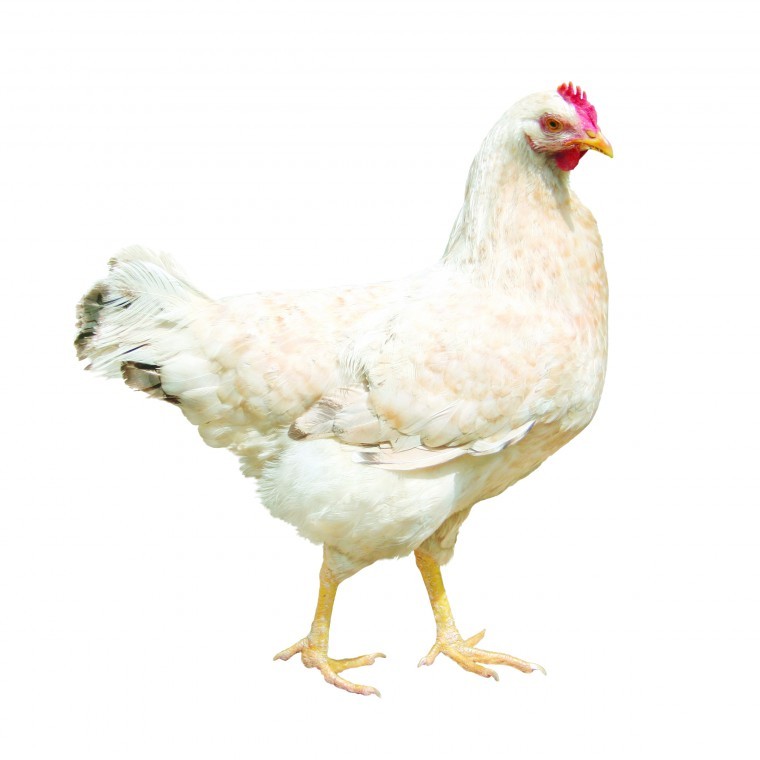DeKalb residents ask city to allow raising hens on property
November 29, 2011
Which came first: the chicken or DeKalb resident Hannah Dwyer’s initiative to allow up to five hens per household?
The chicken, which has been around since at least Egypt’s 18th dynasty, would seem the obvious answer – but not when it comes to DeKalb. The city does not allow residents to own hens, something Dwyer hopes to change. Her proposal – to allow up to five penned hens per yard, the size of which would be regulated – has already garnered the support of 4th Ward Alderman Brendon Gallagher.
“If someone wants to put chickens in their backyard and get eggs, that’s fine,” Gallagher said. “It doesn’t bother me one bit.”
A petition started by Dwyer in support of her proposal has over 200 signatures. She said one of her neighbors, who raised chickens while growing up, has expressed support of Dwyer raising hens in her yard, if the proposal passes.
Dwyer said she grew up in Sycamore and always wanted to raise chickens but was not able to. Now, she said she wants to own hens so she can use their eggs as the cost of food goes up. Her proposal would prohibit residents from raising roosters in their yards, selling the hen’s eggs or slaughtering the chickens for meat.
“It’s a very reasonable, well-thought out proposal,” Dwyer said. “Other cities around us have adopted similar proposals.”
The proposal will be put to the Planning and Zoning Commission in January. Dwyer said if it receives a favorable recommendation then it will go on to the DeKalb City Council, which will vote to approve or reject the plan. DeKalb Mayor Kris Povlsen said he thought the council was currently divided on the issue but is eager to learn more about Dwyer’s proposal.
“I’m uncomfortable with it now but I’m really interested in gathering more facts and I think that’s what the City Council wanted to do,” Povlsen said. “I think the real issue here is looking more closely at what are the issues that need to be addressed before we move ahead with this.”
Dwyer said she anticipates some community resistance from those who don’t understand her proposal.
“I think most of the people who are against it might not understand this,” Dwyer said. “They just think it will be a free-for-all with chickens and hens. There will be a lot of restrictions and you will have to be able to do this responsibly and not upset your neighbors.”







